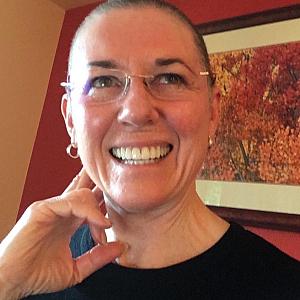
Jane Stevens
Founder, publisher

Founder, publisher
I'm founder and publisher of ACEs Connection, an organization that runs the community-of-practice social network ACEsConnection.com, with more than 26,000 members and growing (Nov. 2018), and ACEsTooHigh, a news site for the general public. ACEs refers to ACEs science, which includes the CDC's Adverse Childhood Experiences Study, which shows that child trauma is a leading of adult onset of chronic disease, mental illness, violence and being a victim of violence, among many consequences. Other parts of ACEs science include the neurobiology of toxic stress, the short- and long-term health consequences of toxic stress, the epigenetic consequences of toxic stress, and resilience research. ACEs Connection is funded by the Robert Wood Johnson Foundation, The California Endowment, the Lisa & John Pritzker Family Fund, the George Sarlo Foundation, and Genentech.
I've been a science/technology/health journalist for nearly 30 years. In 2008-2009, I was a fellow at the Donald W. Reynolds Journalism Institute at the University of Missouri. I started my career in newspapers and, after 12 years, founded a sci-tech feature service with 20 newspaper clients worldwide, including the Los Angeles Times, the Dallas Morning News, the Washington Post, and Asahi Shimbun's AERA Magazine.
I moved to the digital world in 1996 as part of the first group of videojournalists at New York Times Television, and later did multimedia reporting for the New York Times, Discovery Channel, and MSNBC.com.
For four years, I lived and worked in Kenya and Bali, Indonesia. I've written for magazines including National Geographic, Nature, and Science. As editorial director of Oceans Now, I led a terrific team to create the ocean science niche news sites TOPP.org and the Great Turtle Race 2007. I've taught at UC Berkeley’s Graduate School of Journalism and the Knight Digital Media Center, and consulted with news organizations transitioning to webcentric newsrooms. I'm co-director, with Dr. Lori Dorfman at the Berkeley Media Studies Group, of the Violence Reporting Project, which encourages news organizations to take a public health and solution-oriented approach to crime reporting.
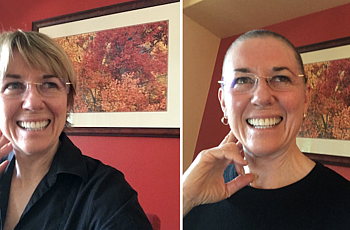
Last February, I was diagnosed with a brain tumor. Two weeks later, it was removed by an incredibly skilled surgical team at UCSF. The surgery was the easy part.

In October 2015 in Pueblo, CO, the staff members of a primary care medical clinic – Southern Colorado Family Medicine at the St. Mary-Corwin Medical Center – start asking parents of newborn babies to kids five years old about the parents’ adverse childhood experiences and the resilience factors in t
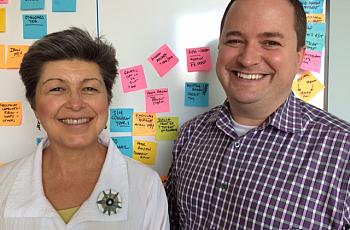
The Children’s Clinic, tucked in a busy office park five miles outside downtown Portland, OR, and bustling with noisy babies, boisterous kids and energetic pediatricians, seems ordinary enough. But, for the last two years, a quiet revolution has been brewing in its exam rooms.
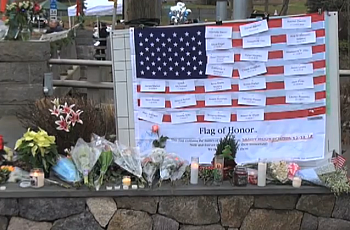
The last 15 years of research on how adverse childhood experiences cause adult onset of chronic disease, mental illness, violence and being a victim of violence is unequivocal. To understand what happened to Adam Lanza, we have to ask difficult questions.
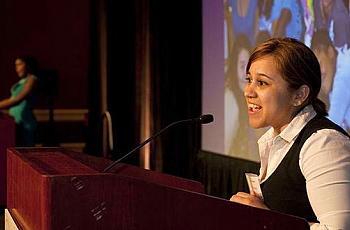
Some alarming data from a study shows that a group of teen and young mothers have experienced up to seven times the levels of childhood trauma of a normal population.
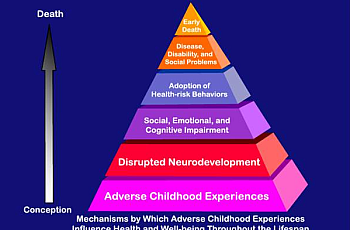
"Adverse childhood experience" has become a buzzword in social services, public health, education, pediatrics and even business. Do you know your own ACE score?

<p>At Lincoln High School in Walla Walla, WA, teachers and staff have received training about the link between trauma and learning. In this school, discipline is an issue of health — mental and physical. Because if you aren't healthy, it's difficult to learn.</p>
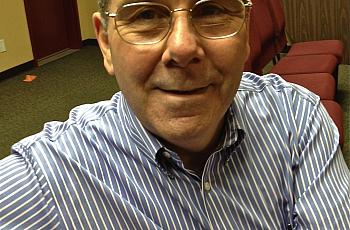
<p>There aren’t enough therapists in the world to help the hundreds of millions of people who suffer complex trauma. But one former pastor is tackling the topic in his own community.</p>
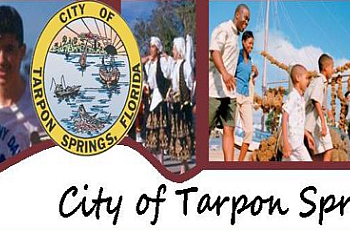
<p>Tarpon Springs, FL, once known for harboring the nation’s largest sponge-harvesting industry, today boasts a new designation: it may be the first city in the country to declare itself a trauma-informed community.</p>
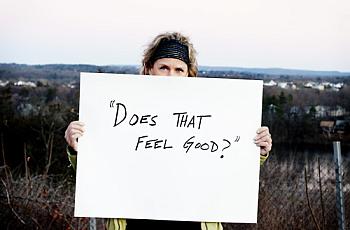
<p>Project Unbreakable is a powerful combination of social media, photography and storytelling. But Grace Brown calls it "art therapy" for those who need to heal.</p>